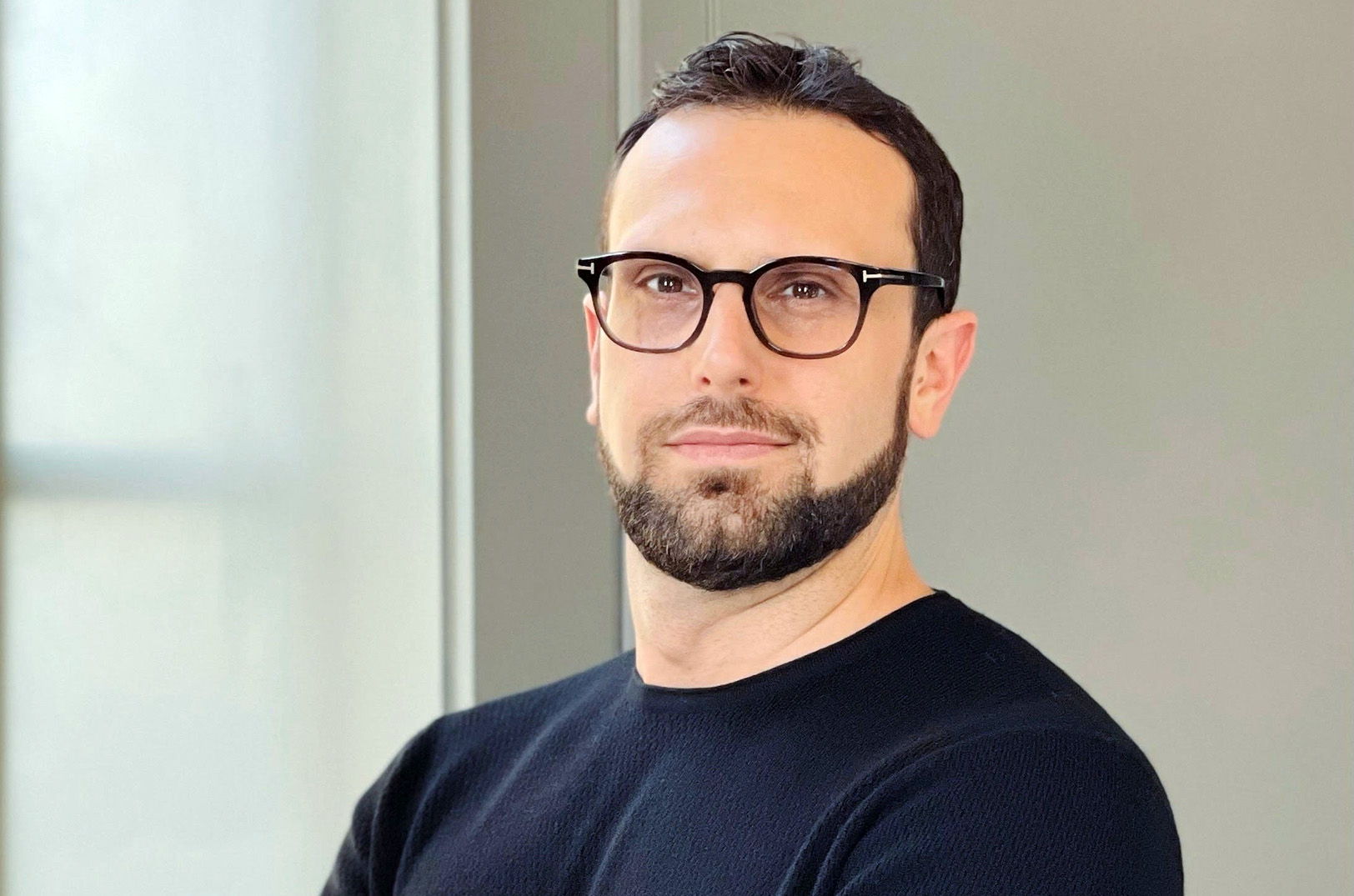When remote work opportunities brought Austin Wilson to Kansas City in 2019, playing the role of founder wasn’t yet on his mind — until he met a community of starters willing to do anything it took to make their city in the image of innovation, he recalled.
“There’s no better time for innovation than in a pandemic. I know that’s kind of dark, but I believe it to be true. Digital transformation has had to accelerate,” Wilson said, recalling his experience amid the COVID-19 pandemic and his decision to forge past its challenges to found GovTech Labs (GTL).
The effort is an emerging think tank designed to bridge gaps between cities and startups, providing founders with the critical resources and guidance needed to prevent venture failure in a high-risk space.
“I’ve been thinking about this for the last nine or 10 months,” Wilson said, noting career changes — including his remote-exit as head of sales and director of city innovation at San Francisco-based Urban Leap, which first brought him to Kansas City.
Click here to read a Startland News “New in KC” feature on Wilson.
“KC’s GovTech scene is really starting to blossom. There’s some really amazing tech that’s starting to explode out of this region,” he said, noting on the rise ventures that include Daupler and the Keystone Innovation District.
“GTL is really excited to be able to partner with tech companies that are local. I really hope to see KC become a [proving ground] of innovative technology and GTL hopes to be able to say, ‘We’re here to support you,’ and help bring in innovative solutions from all the over the world to solve challenges for all its residents,” he said.
“Some companies want to work on processes and playbooks. it really just depends on the organization, but overall, I’ve noticed any sort of advocacy seems to be greatly appreciated.”
Click here to keep an eye on the launch of GTL or here to connect with Wilson.
Largely present in Kansas City and committed to hiring local, Wilson plans to hire nationally as the company scales.
“As somebody who’s a fan of distributed teams, it would be contradictory for me to say we’ll only hire in KC. This is [I hope] exciting for the remote world,” he said.
“It’s funny, people that worked remotely prior to the pandemic were looked at as like a strange breed of workers, at home on their couch in sweatpants. A lot of people didn’t really understand what being a remote worker really was in terms of how much quality of life you could get back.”
While Kansas City’s innovation climate was ripe to house a company like GTL, Wilson said, it wouldn’t be preparing to launch if it wasn’t for John Boucard, founder and CEO of Tesseract Ventures, one of Startland News’ Kansas City Startups to Watch in 2020..
“I had just made up my mind that I was going to be leaving the last company I was at, as their director of sales and I met up with [Boucard] and we talked for a few hours — social distanced and with masks,” he said of the conversation, guided heavily by Wilson’s desire to launch something of his own but still laced with uncertainty of what to expect.
Click here to read why John Boucard believes Kansas City is the next great American tech city.
“A lot of things needed to align for me to execute and the inspiration I received that night, from that conversation with John,” Wilson said. “I woke up the next morning and everything clicked for me. Within 72 hours, I had my paperwork and I was up and running and ready to go.”
As the company prepares to announce its first customers, Wilson said he hopes Kansas City takes a look at its past as it uses innovation to shape its future.
“2020 put a much needed spotlight on this country and right now we’re at a tipping point. As we enter the Fourth Industrial Revolution — which is going to change the world as we know it — I think it’s important for anybody working in KC, anybody new in KC to take a long look in the mirror,” he said.
“Look at the roots, the history, call it like it is — the good, the bad, the ugly, as we take the city into the future. We have to analyze the historical and the present data in order to be more prescriptive about how we deliver meaningful outcomes to all the residents in KC of the future.”






































